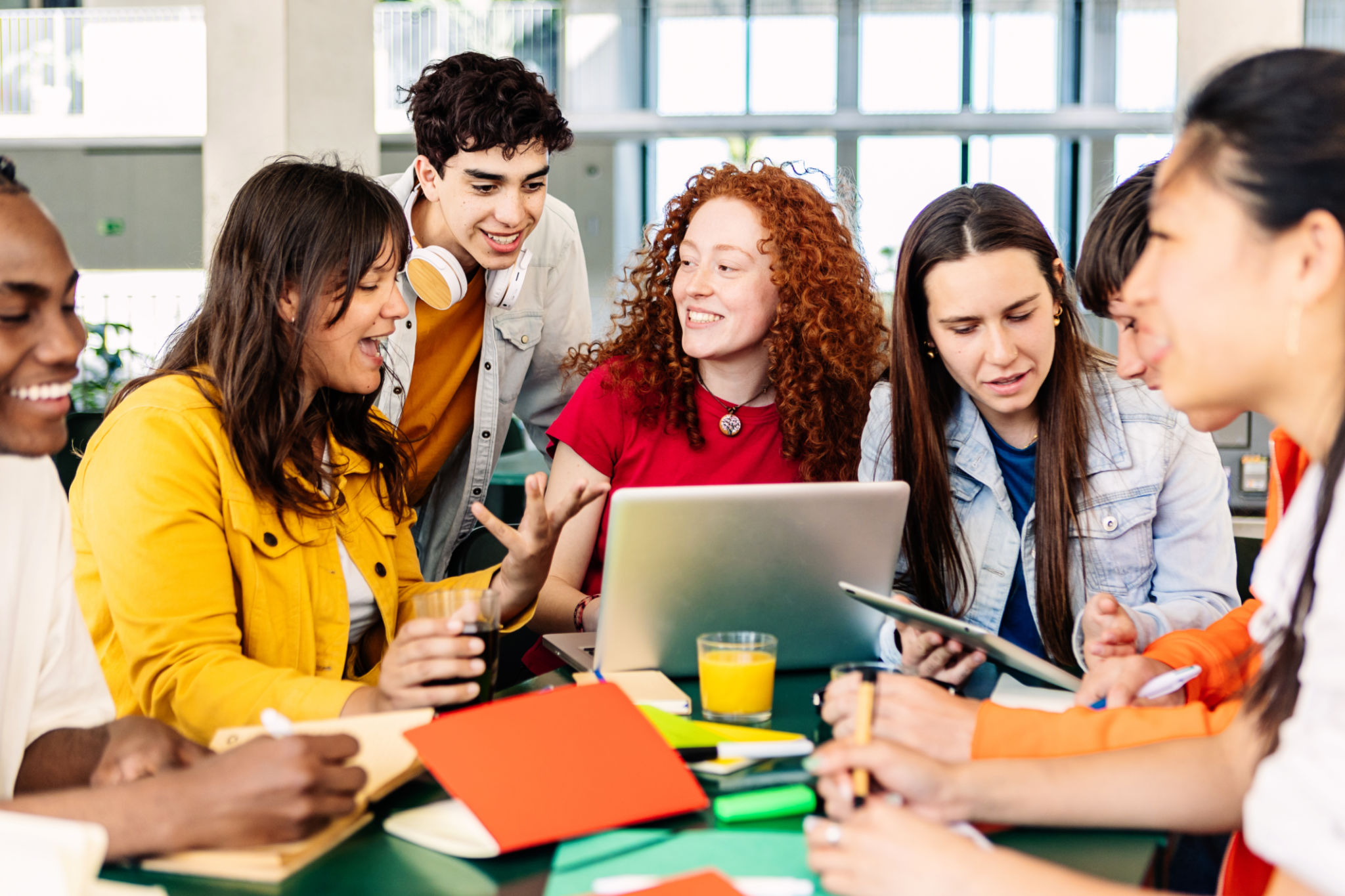The Benefits of Magic in Educational Events and Workshops
Introduction to Magic in Education
Magic has always had a unique ability to captivate audiences, leaving them in awe and wonder. But beyond entertainment, magic can serve as a powerful educational tool. Incorporating magic into educational events and workshops offers a dynamic way to engage learners, enhance creativity, and reinforce learning concepts.

Engaging and Captivating Students
One of the primary benefits of using magic in educational settings is its ability to grab and maintain attention. Children and adults alike are naturally drawn to the mystery and intrigue of magic. By incorporating magic tricks into lessons, educators can transform a standard presentation into an unforgettable experience, ensuring that participants are focused and attentive.
Moreover, magic encourages active participation. When students witness a magic trick, they often become curious about the mechanics behind it. This curiosity can lead to increased interaction and questions, fostering a more engaging learning environment.
Enhancing Creativity and Critical Thinking
Magic isn't just about illusion; it's about problem-solving and thinking outside the box. When participants are exposed to magic tricks, they are encouraged to think critically about how the trick was performed. This process enhances their creative and analytical skills, as they explore various possibilities and solutions.
Incorporating magic into workshops can also stimulate imagination. As learners attempt to unravel the secrets behind a trick, they explore new ways of thinking, which can be applied to problem-solving in other areas of their education.

Reinforcing Learning Concepts
Magic can serve as an effective tool for reinforcing complex learning concepts. For instance, mathematical magic tricks can be used to demonstrate principles of probability, geometry, or algebra in a visually compelling way. This approach helps students understand abstract concepts through concrete examples.
Furthermore, magic can be used to illustrate scientific principles such as optics, chemistry, or physics. By seeing these principles in action through a magic trick, students can better grasp how they work in real-world scenarios.
Building Confidence and Communication Skills
Performing magic tricks requires practice, patience, and presentation skills. When students learn and perform magic tricks in front of their peers, they gain confidence in their abilities. This newfound confidence can translate into improved communication skills as they learn to convey ideas effectively and clearly.

Fostering Collaboration and Teamwork
Magic workshops often involve collaborative activities where students work together to solve a trick or create their own performance. This collaborative environment fosters teamwork as participants share ideas, provide feedback, and support one another in achieving a common goal.
The shared excitement and achievement from successfully executing a magic trick can strengthen bonds among participants, creating a more cohesive group dynamic.
Conclusion: The Lasting Impact of Magic in Education
The use of magic in educational events and workshops offers a multitude of benefits that extend beyond mere entertainment. By engaging learners, enhancing creativity, reinforcing concepts, building confidence, and fostering collaboration, magic becomes a versatile tool that enriches the educational experience. As educators continue to seek innovative ways to inspire and educate, incorporating magic into their repertoire may just be the secret ingredient for success.